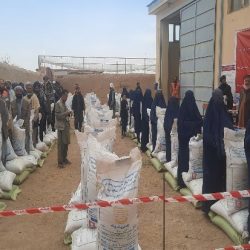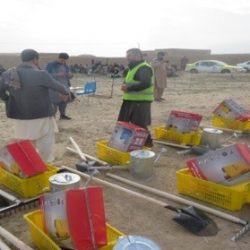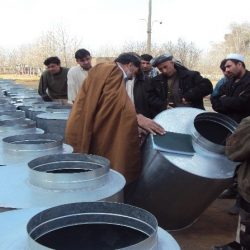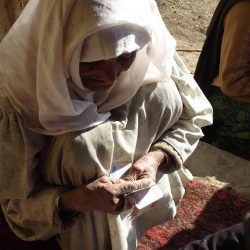Emergency Preparedness
Emergency Preparedness
Emergency preparedness is focused on addressing the impact of disasters and emergencies on the communities. It aims is to provide relief, support, and sustainable solutions for vulnerable populations affected by natural disasters, conflicts, and other emergencies. It addresses the specific challenges faced by communities in Afghanistan, including those related to agriculture, livestock production, infrastructure development, and economic empowerment. It also focuses on the needs of vulnerable populations such as women, children, and marginalized groups. PRB’s disaster management seeks to improve the resilience and well-being of communities in the face of disasters and emergencies, with a focus on sustainable solutions and long-term impact.
PRB’s primary objective is to enhance the resilience of vulnerable communities in Afghanistan by reducing risks, strengthening food security, and equipping them with the necessary skills to effectively manage and recover from disasters.
Implementing disaster risk reduction and preparedness training involves organizing workshops, seminars, and simulations to educate community members on identifying risks, and building resilience.
Establishing community-based early warning systems includes installing communication tools, training volunteers to monitor and disseminate warnings, and conducting drills to ensure the system's effectiveness.
Providing social protection programs for vulnerable groups entails distributing aid packages, offering financial assistance, and ensuring access to essential services like healthcare and education during emergencies.
Supporting the creation of community emergency response teams involves training volunteers in first aid, search and rescue techniques, and coordination protocols to enable swift and effective responses to disasters.







